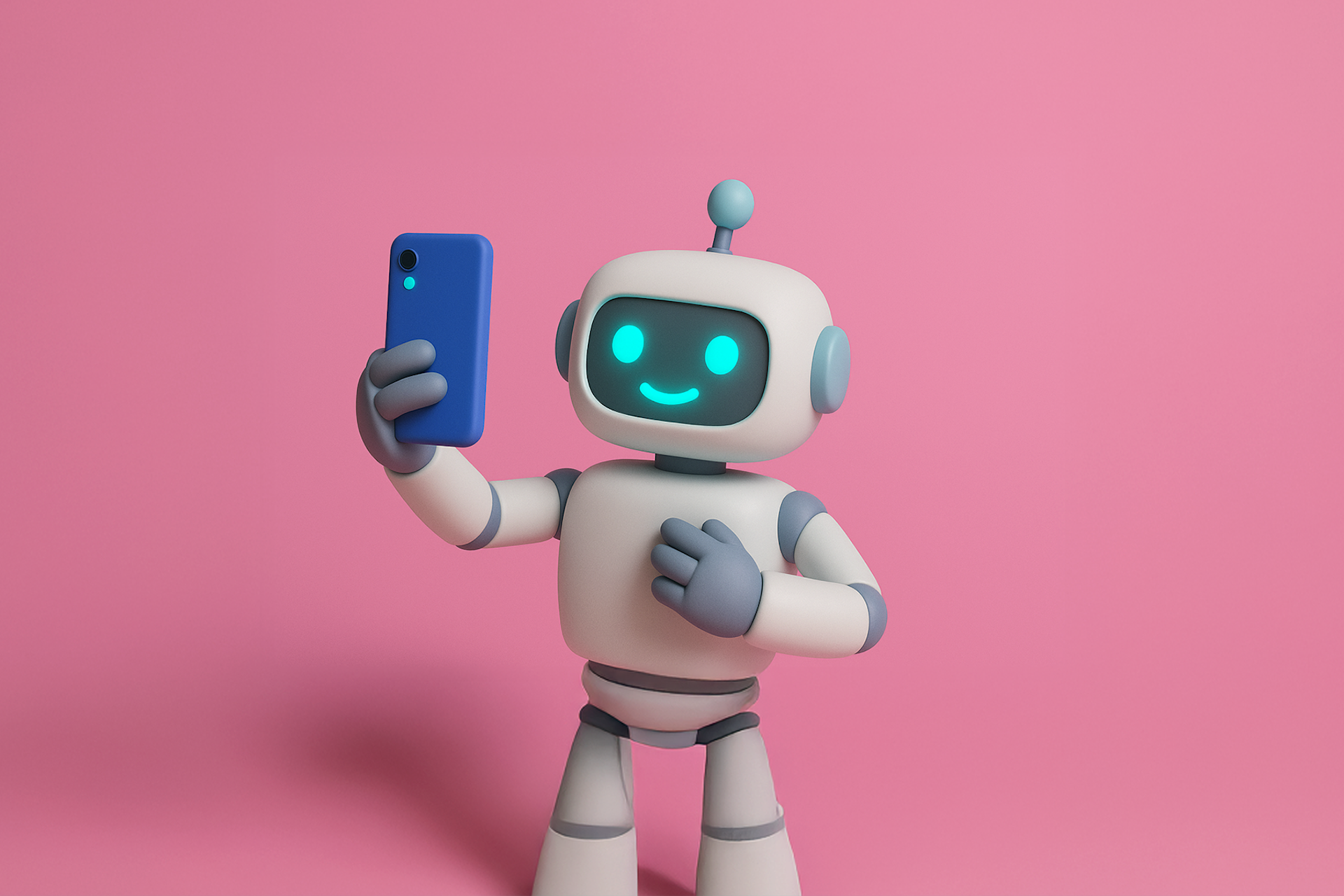AI is quickly reshaping the marketing world and the influencer sector is no exception. For example, the technology is streamlining operations on the back end with AI-powered discovery and vetting tools. And on the consumer-facing side, AI-generated influencers are changing how brands connect with their target audiences. A type of virtual influencer, AI-generated influencers are created, and sometimes operated, using data and algorithms.
Though this may seem like a futuristic concept, the virtual influencer world already has its superstars in the form of Lil Miquela, launched on Instagram in 2016, Shudu, created in 2017, and more. There’s much excitement about how AI influencers can save brands and retailers money, but there’s also a fair share of concern around transparency, manipulation by bad actors, impact on brand trust, and even digital blackface.
With so much industry chatter about the potential impacts of AI influencers, we used our social listening and analytics solution to take the pulse of the social media discussion so far this year.
How big is the online discussion about AI influencers?
Mentions of AI influencers across 17 social media channels (including X, Reddit, and Bluesky) from January 1 to May 31, 2025.
In the first five months of 2025, there were more than 114,000 mentions of AI influencers on social media, a 50% increase compared to the five months prior (August 1 to December 31, 2024).
On January 3, 2025, the biggest day for the AI influencers conversation, mentions spiked 7x higher than average as social media users discussed, and largely criticized AI influencers on Meta platforms. The top four most engaged posts were on X, all about the same AI-generated influencer Liv (@himamaliv), a “Proud Black queer momma of 2 & truth-teller.” The top post, which generated more than 3,500 engagement actions, was a critical one that included a screenshot of one @himamaliv post about spending New Years’ Day doing community service. Comments on the AI-generated influencer post and the X post critiquing it noted its inappropriateness as no real community service had taken place.
The false narrative that spread on January 3, that Meta was just beginning to test AI influencers on its platforms, was partially sparked by a December 27, 2024, article in the Financial Times titled ‘Meta envisages social media filled with AI-generated users’ that drew renewed attention to AI accounts on the platforms. In fact, as NBC News reported, the AI influencers, including Liv, had been on Instagram and Facebook since 2023. Nevertheless, Meta quickly removed the AI character accounts, saying in a statement to reporters, “These were managed by humans and were part of an early experiment we did with AI characters. We identified the bug that was impacting the ability for people to block those AIs and are removing those accounts to fix the issue.”
In contrast, subsequent spikes in the social media conversation about AI influencers this year were caused by mentions of new AI influencer-generating tools, comparisons of real influencers to virtual ones, and AI influencers’ potential impacts on society.
How do social media users feel about AI influencers?
Sentiment of mentions of AI influencers across 17 social media channels (including X, Reddit, and Bluesky) from January 1 to May 31, 2025.
Negative mentions of AI influencers largely discussed lack of transparency, job displacement, algorithm manipulation, and the potential impacts of deepfake technology on individuals and society. The most engaged, negative post questioned the need for AI influencers at all.
However, for every negative mention there were about four positive ones, many being posts from real-life tech influencers and thought leaders promoting specific AI influencer-generating tools.
Undoubtedly, social media opinions about AI influencers are polarized, but there is much more optimism and promotion of new tools to be found. On X at least, we’re in a gold rush moment when AI influencer generating tools are clamoring to attract not just companies and brands, but also average social media users with the promise of developing a new income stream.
Takeaways for marketers
AI influencers, virtual influencers, computer-generated influencers, whatever you want to call them, are a sensitive but growing topic among social media users. Tech-savvy audiences may be the most receptive to the concept, so the brands that cater to them may be best positioned to find success with innovative campaigns featuring AI influencers.
At the same time, transparency, authenticity, and ethical usage should be top of mind for any organization looking to capitalize on the strong buzz around virtual influencing. As the “Liv” fiasco from earlier this year shows, lack of transparency leaves room for false narratives to take off quickly. Any misstep around AI influencers has the potential to do major damage to brand reputation and consumer trust.
